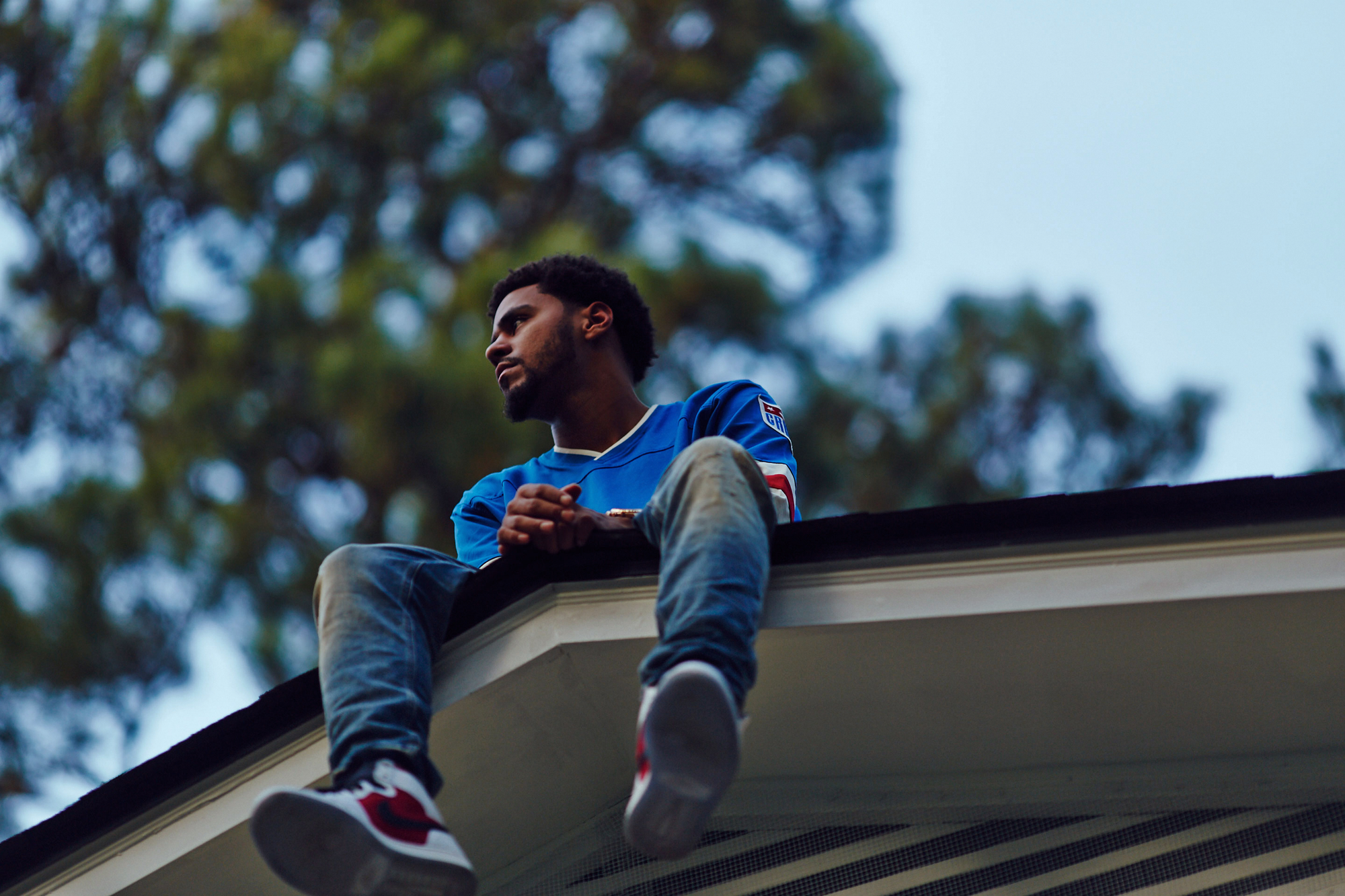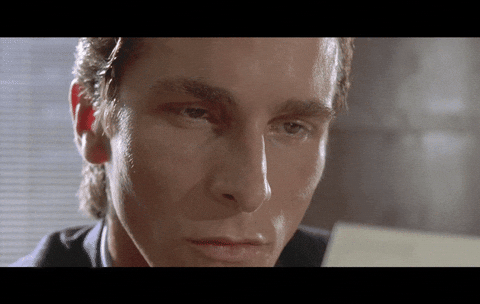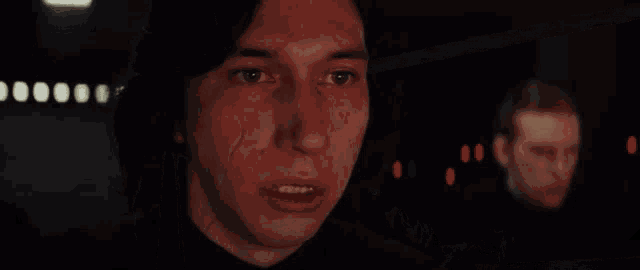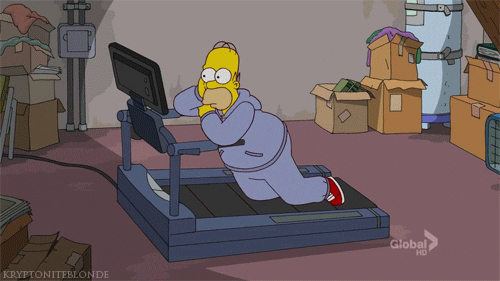J. Cole's "Love Yourz" and the Secret to Happiness
It’s easy to find ourselves thinking that if we get a little more of something we’ll finally be happy. In J. Cole’s “Love Yourz,” the rapper reminds us about the trap of wanting and to reconsider what will actually bring us fulfillment.

I was first introduced to J. Cole and his six-times-platinum album 2014 Forest Hills Drive (2014 FHD) at the start of college.
On UVA’s opening weekend each year, there’s a massive event cleverly called Block Party, where a whole street is full of college students catching up on a summer’s worth of drinking.
Since UVA didn’t want the freshmen going to this event, they started bringing in a big musical act to lure the first years away. They sorely underestimated an 18-year-old’s ability to do multiple things in a night. Kids just went to the concert first then to Block Party.
The artist selected for my first year was J. Cole, who hadn’t quite released 4 Your Eyez Only and was still mostly playing songs off 2014 FHD.
I knew a couple J. Cole songs going into the concert, but that night really introduced me to him, inspiring me to dive into one of the greatest rap albums of the 2010s.
It would be a Herculean effort to tackle that whole album in one post. Instead, I want to reflect on just one song: “Love Yourz.”
“Love Yourz,” the album’s penultimate song, focuses on a rapper grappling with a rise to fame and realizing that it might not be everything he wants.
It’s a reminder that we have to push back against our psychology to appreciate what we have, or else we risk never experiencing the happiness we chase.
The Life We Live
No such thing as a life that's better than yours (Love yours)
J. Cole starts the song with his thesis: you’re already living the best life available to you. It’s a request to love your life because it’s fully yours.
We imagine living the lives of so many other people (celebrities, athletes, whoever), but J. Cole pushes against that idea.
The grass isn’t always greener on the other side. The rapper asks that you not look externally but internally for a worthwhile life.
This feels like such an easy thing for a wealthy rapper to tell his audience, and J. Cole knows that. He’s only just starting.
Beauty in the Struggle
It's beauty in the struggle, ugliness in the success
Hear my words and listen to my signal of distress
I grew up in the city and know sometimes we had less
Compared to some my ****** down the block, man, we were blessed
There is beauty in the struggle.
This is an idea I frequently turn around in my head, and it seems to constantly assert itself in different forms of media (e.g. “journey before destination” from The Stormlight Archive).
We focus so much on the destination as humans. We want to surpass the struggle and arrive at our goals.
The struggle never stops, though.
J. Cole grew up without a lot of money and knew his share of pain, but in retrospect, there were people worse off than him just down the street.
It’s a bug in the software that is the human condition to focus our attention upward and outward.
We want the promotion, the nice clothes, the bigger paycheck, but when we reach a summit, we only realize that there’s a higher mountain to climb just beyond it. The beauty is in the climb.

Success comes with its own costs. There’s an “ugliness” that J. Cole now sees as someone established. Money often leads people astray, which is something the rapper is warning of.
Going the Wrong Way
On the road to riches, listen, this is what you'll find
The good news is, *****, you came a long way
The bad news is, *****, you went the wrong way
Think being broke was better
J. Cole is writing to his past self here.
He’s finally arrived and gotten some semblance of fame, but his realization is that it might not be all that it’s cracked up to be. There is still pain with success, and he’s not magically happy 24/7.
Coming a long way on his journey toward money and fame, J. Cole managed to reach some of his goals. He realizes that what he was pursuing might have been the wrong thing to the extent that he wonders if he would’ve been better off broke.
Money can buy a lot of things, but can it buy happiness? Or just the opportunity for happiness?
Is it worth giving up some of the things he’s sacrificed in his career?
Are all the things he can now afford worth what he has lost?
These are the questions J. Cole is grappling with.
More, More, More
Always gon' be a bigger house somewhere, but *****, feel me
Long as the people in that motherfucker love you dearly
Always gon' be a whip that's better than the one you got
Always gon' be some clothes that's fresher than the ones you rock
Always gon' be a bitch that's badder out there on the tours
But you ain't never gon' be happy 'til you love yours
This is J. Cole’s main argument, where he hammers home his point about why someone looking up in awe of his success should think twice before wishing to be like the rapper.
There are always going to be bigger and better things, whether it’s a house, a car, nice clothes, whatever.
You could have the nicest thing imaginable, but next year, a nicer version will come out. Just look at iPhones.

Now with some money in his pocket, J. Cole knows this firsthand. As his star rose, he’s had to keep up pace with a race he didn’t fully intend to run.
It’s like we’re chasing a carrot on a stick, never to reach that one thing that we know will make us happy despite running so hard. We might think we know what we want, then something else comes along.
J. Cole is stating that no matter how successful you are, you won’t know happiness unless you are content with where you are now. If you’re always looking forward, you won’t realize what you’ve got even when it comes your way.
The Hedonic Treadmill
J. Cole is beautifully and succinctly summarizing an idea known as the hedonic treadmill.
The hedonic treadmill is a concept that explains a relatively baseline level of human happiness.
Picture yourself running. You have a goal in mind, and you’re running hard to get there; however, when you arrive, you see something even better just over the horizon, so you decide to run for that.
We’re constantly running toward something but never arriving because there’s always something “better” just over the next hill. Hence, the treadmill. We never actually get anywhere.

We experience this feeling because human happiness tends to revert quickly to a baseline level. We adjust to those new things we wanted so badly, and they no longer make us so happy.
Regressing to the Mean
This idea was initially put to the test by scientists Brickman, Coates, and Janoff-Bulman in 1978.
They studied lottery winners against a control group. After an initial spike in happiness caused by winning the lottery, they found that the winners ended up reverting to a baseline level of happiness comparable to the control group.
Despite a major increase in money, happiness didn’t end up any higher in the long run.
This group also studied a negative case. They looked at a group of accident victims who had some sort of permanent disability. The accident victims had an initial dip in happiness, which is to be expected, but just like the lottery winners, the accident victims slowly reverted to the control group’s level of happiness.
The three groups (control, lottery winners, and accident victims) all ended up with comparable levels of happiness in the end, despite what they experience along the way.
This isn’t to deny the hard circumstances many are dealt in life. There are certain unfair advantages in this world that make life significantly easier for certain people and groups.
I’m not sure the takeaway here is on a macro, societal level. It’s more on an individual one. It’s up to us to determine if something will truly make us happier or if we’re just chasing it for some superficial reason.
Reframing the Race
J. Cole is talking to himself as much as he’s talking to a third party in “Love Yourz.” He’s known fame and success, yet he’s not sure it’s the answer he once thought it was.
It’s not to say that life wouldn’t be easier without loads of money, but rather J. Cole warns about the trap of constantly wanting more.
If you see that nice watch then proceed to work really hard to get it, be prepared for what comes next. The item might be enjoyable at first, but it’s almost guaranteed to become just another possession over time.
J. Cole’s “Love Yourz” is a reminder of one of the human condition’s biggest traps.
We often get so focused on seeking more, that we never stop to consider what actually matters to us. We find ourselves constantly chasing things to make us happy, but we never find ourselves happier in the long run.
Maybe the trick is to reframe how we think currently while continuing to strive toward the goals that will help us grow. After all, J. Cole muses on how the house doesn’t matter so much as the people inside who love you.
We have to be careful about what we’re chasing, or else we might never stop running.
If you found this post interesting, please consider subscribing so that the next post gets delivered straight to your inbox!
